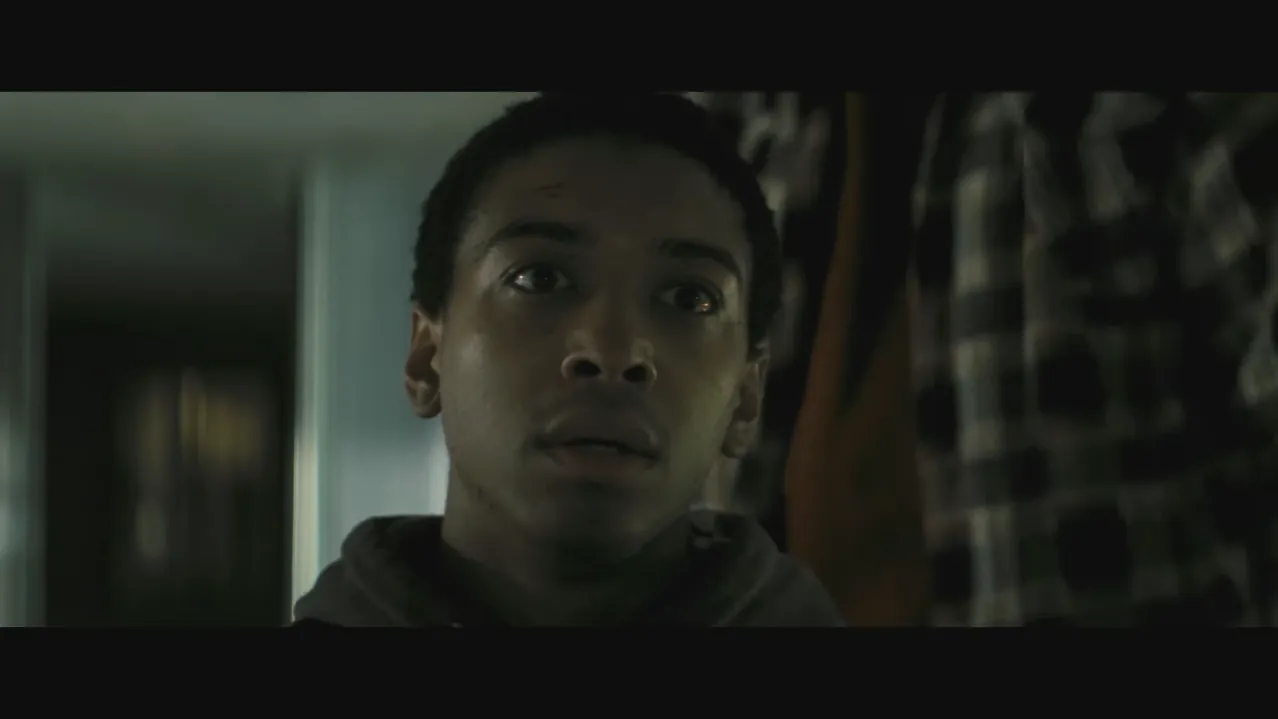Someone once said you must always use coincidence to get your hero into trouble, never out of it. Night Call, the directorial debut from Michiel Blanchart, takes that to heart. It’s a breathless and intense thrill ride through Belgium over the course of a single, chaotic night.
Written and directed with such confidence you’d never believe it was a first feature, Night Call stumbles just a bit at the last minute as it tries to get away with a bit too much. But it’s a small complaint when the preceding 80 or so minutes are this good.
Our lead is Mady (Jonathan Feltre), a small-time crook now working in a very grey area as a 24-hour locksmith, helping people get into their apartments at all hours for an up-front cash fee. It’s the kind of work that suits the plot, but also feels entirely real when you think about it. That kind of thinking permeates through the entire film. These events are very convenient in the grand scheme of things, but Blanchart weaves them together so well that I never once questioned them.
On a routine gig, Mady opens the door for Claire (Natacha Krief), who appears less than honest at first impressions. She runs off to get money from an ATM while Mady waits in the apartment. Suddenly, his phone rings, and Claire tells him to run. It’s a setup, and Mady is caught in the middle of a theft gone wrong. Before long, he’s wanted by gangsters and cops alike, as the city around him turns into a powder keg during the Black Lives Matters protests.
Night Call is such an intense and exquisite pleasure that it raises my pulse just to remember it. Blanchart mines every scene for maximum effect, and Feltre’s terrific performance keeps us on our toes. Mady isn’t some angel, but we can appreciate his terror. This is Hitchcock’s innocent man on the run scenario brought into present day, and Night Call shows the formula hasn’t aged one bit.
Yes, you could nitpick it to death and the finale bites off more than it can chew. But those are minor complaints. You could levy them at any film of this type. Night Call shares DNA with Michael Mann’s Collateral, and stands proudly alongside the comparison. Both films capture the heart and soul of their respective cities, giving us a front-row seat into the pulsing rhythms Belgium’s inner workings. It’s not a documentary, but more of an emotional reality where the tension and desperation of an entire city feels palpable.
In one stunning sequence, Mady talks his way into a nightclub, posing as one of the thousands of faceless gig workers. Getting in proves easy, getting out is much harder. No matter what he tries, the system finds a way to move goal posts. It’s a deft sleight of hand that channels real life anxieties into a stellar genre picture.













